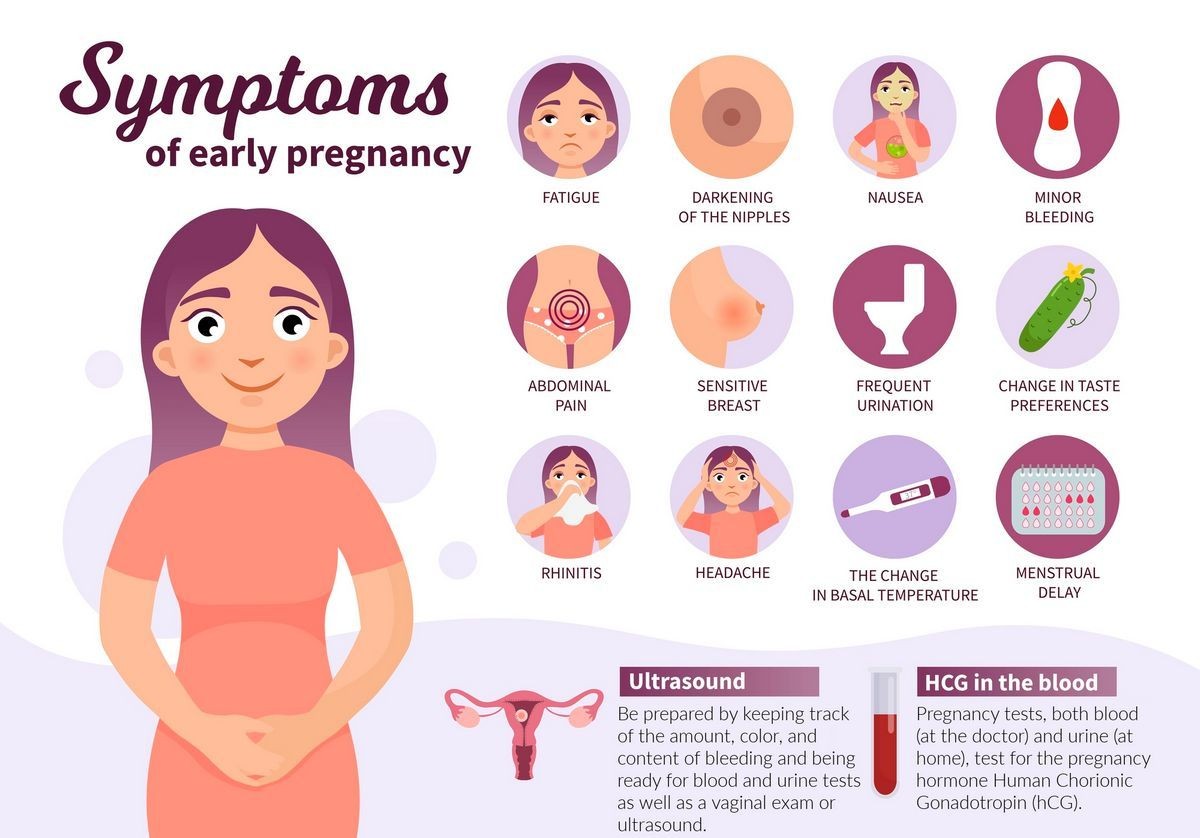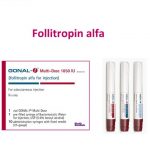
Contents
How Soon Can Pregnancy Symptoms Occur?
Pregnancy symptoms vary among women. Some may experience the first symptoms within a week or two of conceiving, while others may not feel anything for months. Many women can tell if they are pregnant within two or three weeks of conceiving, and some even know sooner, within a few days. It depends on a woman’s ability to notice the changes in her body and her sensitivity to them. Doctors can always run a blood test that can typically detect pregnancy as early as one week after conception.
A study conducted on 136 women trying to get pregnant revealed the following results:
- 50% experienced some pregnancy symptoms at five weeks.
- 70% experienced symptoms at six weeks.
- 90% experienced symptoms by eight weeks.
- The first sign of pregnancy is usually a missed period.
- Other common symptoms include nausea, vomiting, fatigue, frequent urination, breast tenderness, and swelling. These symptoms can range from mild to severe.
| 5 |
| 6 |
| 8 |
Some early pregnancy symptoms, including spotting or cramping, hormonal changes, morning sickness, fatigue, raised basal temperature, and frequent urination, can begin just a few days after conception, even before a positive pregnancy test.
- Spotting or cramping: This may occur 6-12 days after sexual intercourse when the embryo implants on the uterine wall. Not all women experience this symptom.
- Hormonal changes: Increased blood flow and hormonal changes can cause sore and swollen breasts, changes in nipple appearance, headaches, sleep disruptions, and food cravings or aversions.
- Morning sickness and tiredness: Nausea, vomiting, and fatigue are common symptoms that typically appear between two and eight weeks after conception. Morning sickness may occur at any time of the day.
- Fatigue: Exhaustion throughout the day is a common sign of pregnancy due to hormonal fluctuations.
- Raised basal temperature: A high basal body temperature even when expecting the period can indicate a missed period and pregnancy.
- Frequent urination: Kidneys produce more fluid during pregnancy, leading to increased trips to the bathroom between weeks 4 and 6.
15 Early Signs and Symptoms of Pregnancy
Pregnancy signs and symptoms vary among women and may appear at different times. Here are some common indications of early pregnancy:
- Missed menstrual cycle: The most common symptom, but it may be misleading if the menstrual cycle is irregular.
- Spotting: Light bleeding or spots of blood may occur on the panty about a week after conception.
- Vaginal discharge: A thick, milky discharge from the vagina may occur in early pregnancy without itching or foul odor.
- Vulva changes: The vulva and vagina may turn bluish in color due to increased blood flow.
- Nausea with or without vomiting: Morning sickness can begin about four weeks after becoming pregnant, but it varies among women.
- Increased urination: Hormonal changes can lead to increased frequency of urination, typically around the sixth to eighth week.
- Fatigue or tiredness: Increasing levels of the hormone progesterone can result in sleepiness or tiredness.
- Breast and nipple changes: Tender, swollen breasts, larger and darker nipples, and tingling sensations are common signs of pregnancy.
- Back pain: Backaches accompanied by cramps are common early signs of pregnancy as the body prepares to support the baby.
- Headaches: Hormonal changes can cause headaches, fatigue, and sensitivity to light and noise.
- Leg cramps: Leg cramps may occur more frequently during early pregnancy due to lower calcium levels.
- Food habits: Changes in taste and a heightened sense of smell can lead to loss of appetite or aversion to favorite foods.
- Food cravings: Random cravings can indicate a lack of certain nutrients in the body.
- Stomach cramping and/or bloating: Increased progesterone can cause the stomach to feel full, rounded, and bloated.
- Mood fluctuations: Hormonal changes can cause emotional swings and mood fluctuations in early pregnancy.
QUESTION
What is the most effective way to confirm pregnancy?
The most effective way to confirm pregnancy is through a blood test that measures the human chorionic gonadotropin (HCG) hormone.
- Women can also take a home pregnancy test, which is generally reliable but may occasionally result in a false positive. Factors such as chemical or ectopic pregnancies or certain medications can affect the test result.
- Following a positive home pregnancy test, it is recommended to visit a doctor for a urine or blood test to confirm the pregnancy.
How can I verify that I am not pregnant?
While home pregnancy tests are reliable, it is advisable to repeat the test after a few days to confirm the results. Manufacturers claim that home test kits are 97% to 99% accurate.
Some women prefer a professional opinion to confirm negative results. Gynecologists can perform more accurate blood tests to rule out pregnancy.
Some women prefer a professional opinion to confirm negative results. Gynecologists can perform more accurate blood tests to rule out pregnancy.


